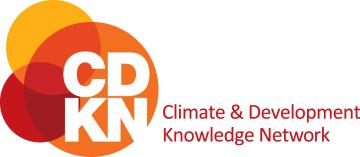
The main objectives were to develop a sectoral GHG management tool, the Carbon Reduction, Resources and Opportunities Toolkit (CaRROT), and self-regulating voluntary GHG management standards. They were achieved through a participatory process that included technical experts, flower producers, farm internal auditors, government representatives and other key stakeholders. A preliminary sectoral assessment investigated policy and institutional frameworks, legal and regulatory developments in key local and export markets, existing carbon management applications and life-cycle assessments.
This project: communicated climate change risk and opportunities to the flower sector; identified and raised awareness on win-win carbon mitigation opportunities; developed and popularised self-regulating, voluntary standards; guided sectoral climate change strategy formulation; identified linkages to potential local offset programmes; disseminated CaRROT and voluntary standards through national and regional workshops.
CaRROT was developed by Camco Advisory Services (Kenya) in collaboration with the Horticultural Crops Development Authority and Kenya Flower Council.
This project contributes to the implementation of Kenya’s National Climate Change Action Plan through development of small-scale energy projects and shifts in energy resources management. By including efficient water resource use, CaRROT supports the National Adaptation Plan.
